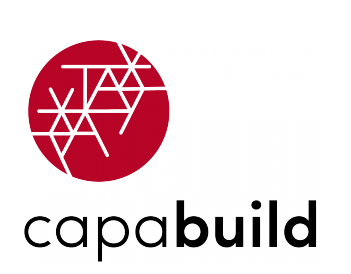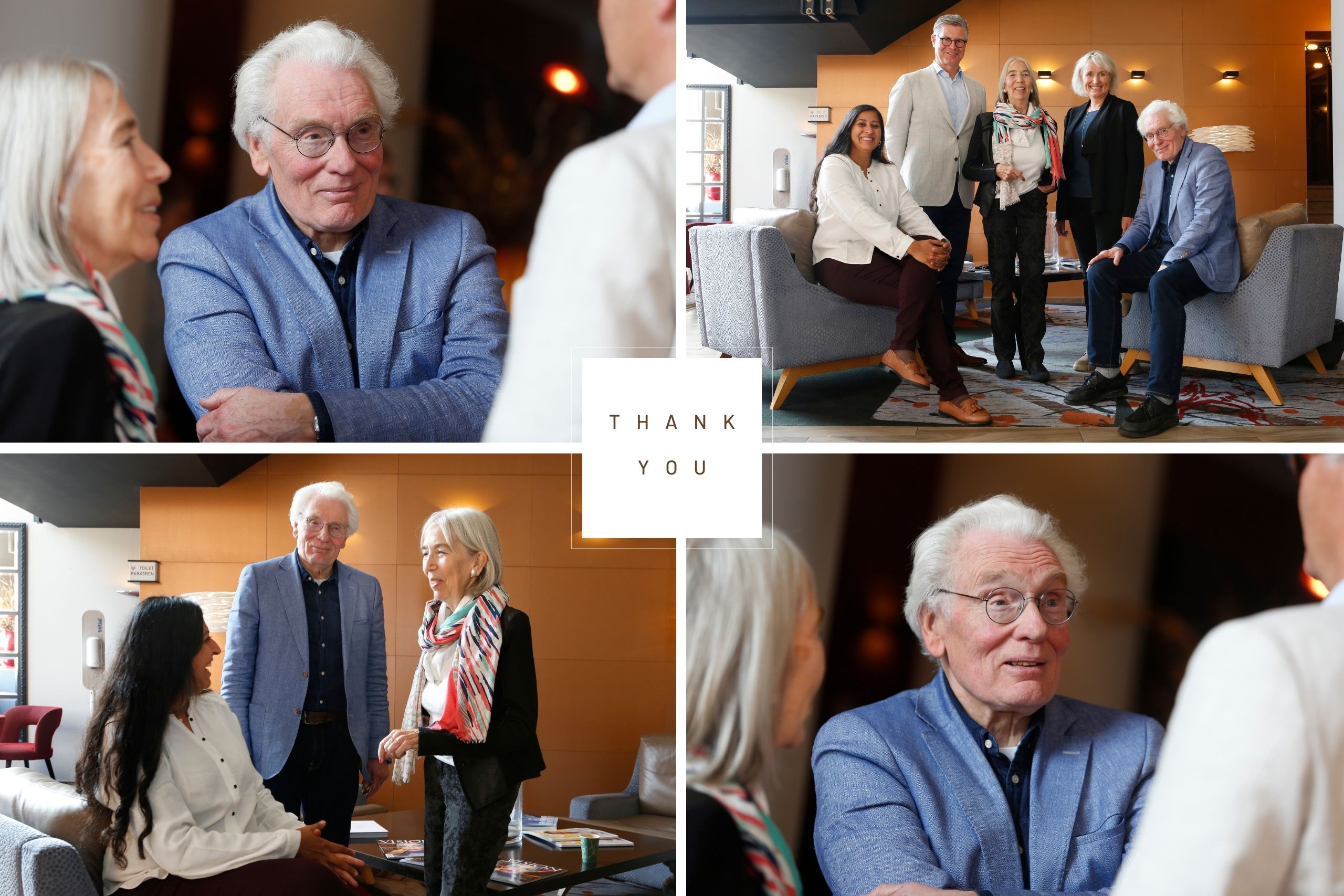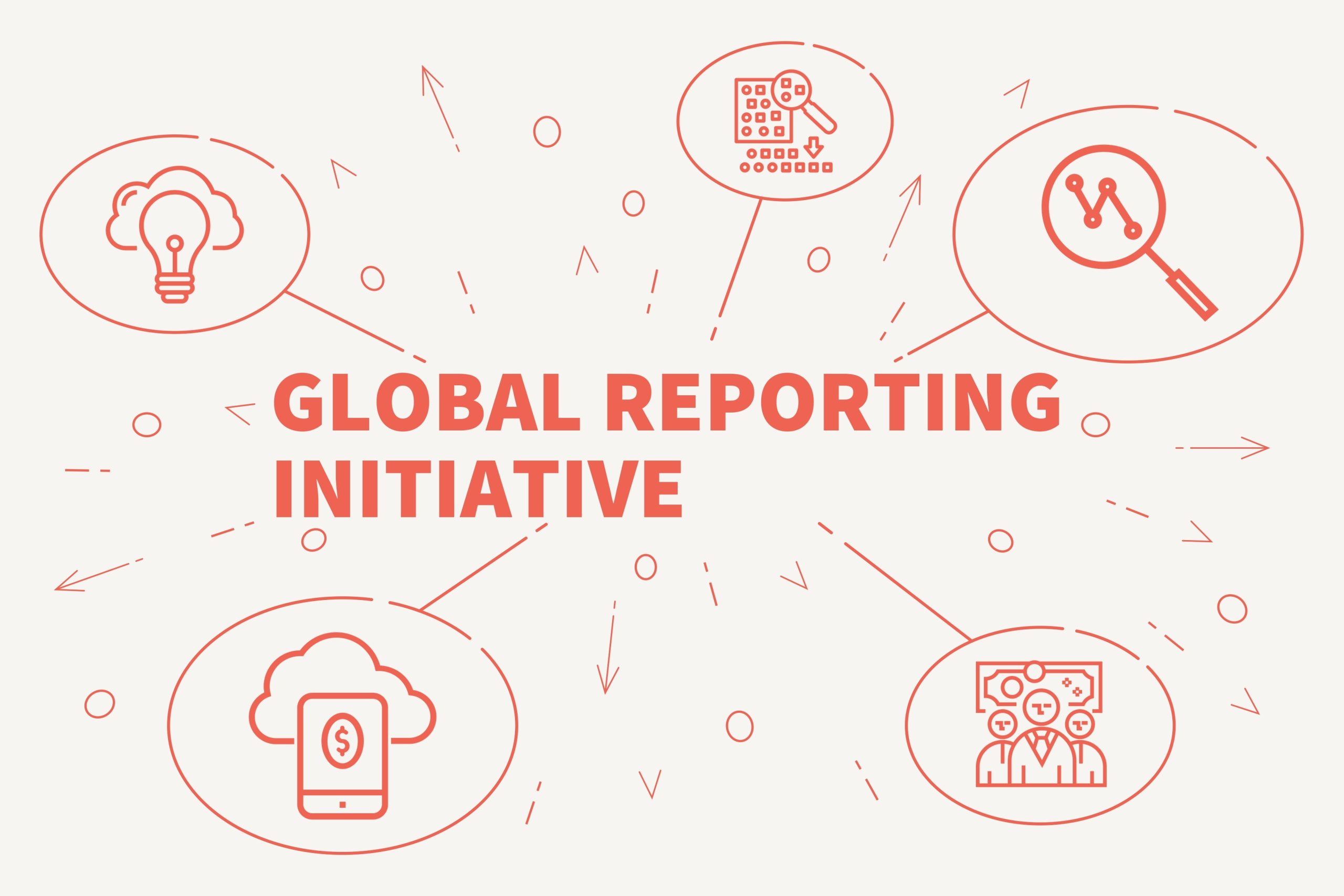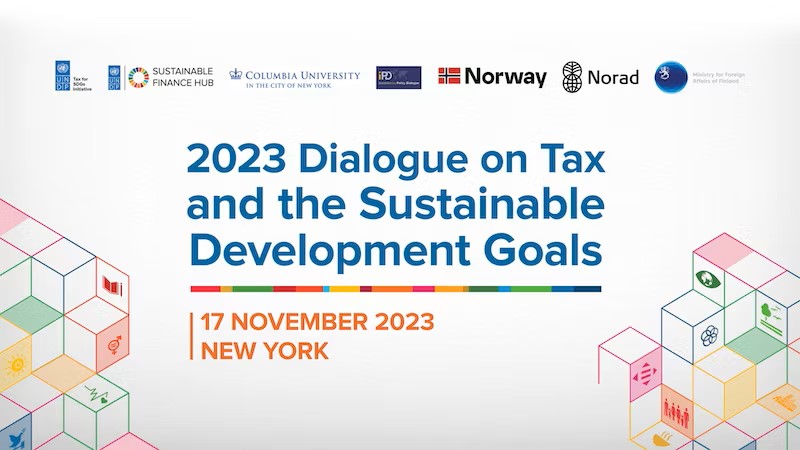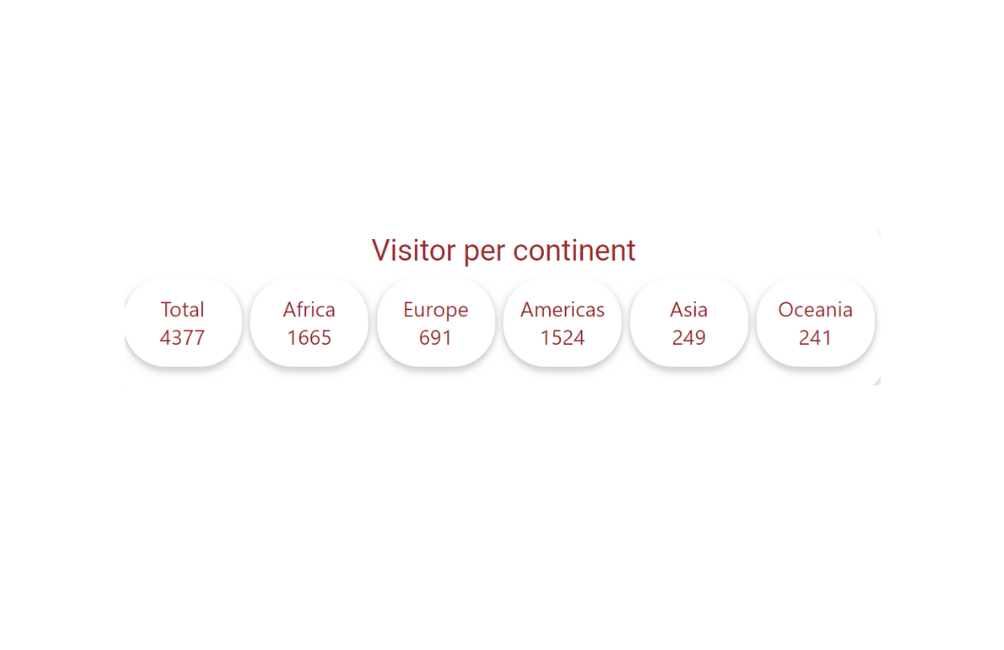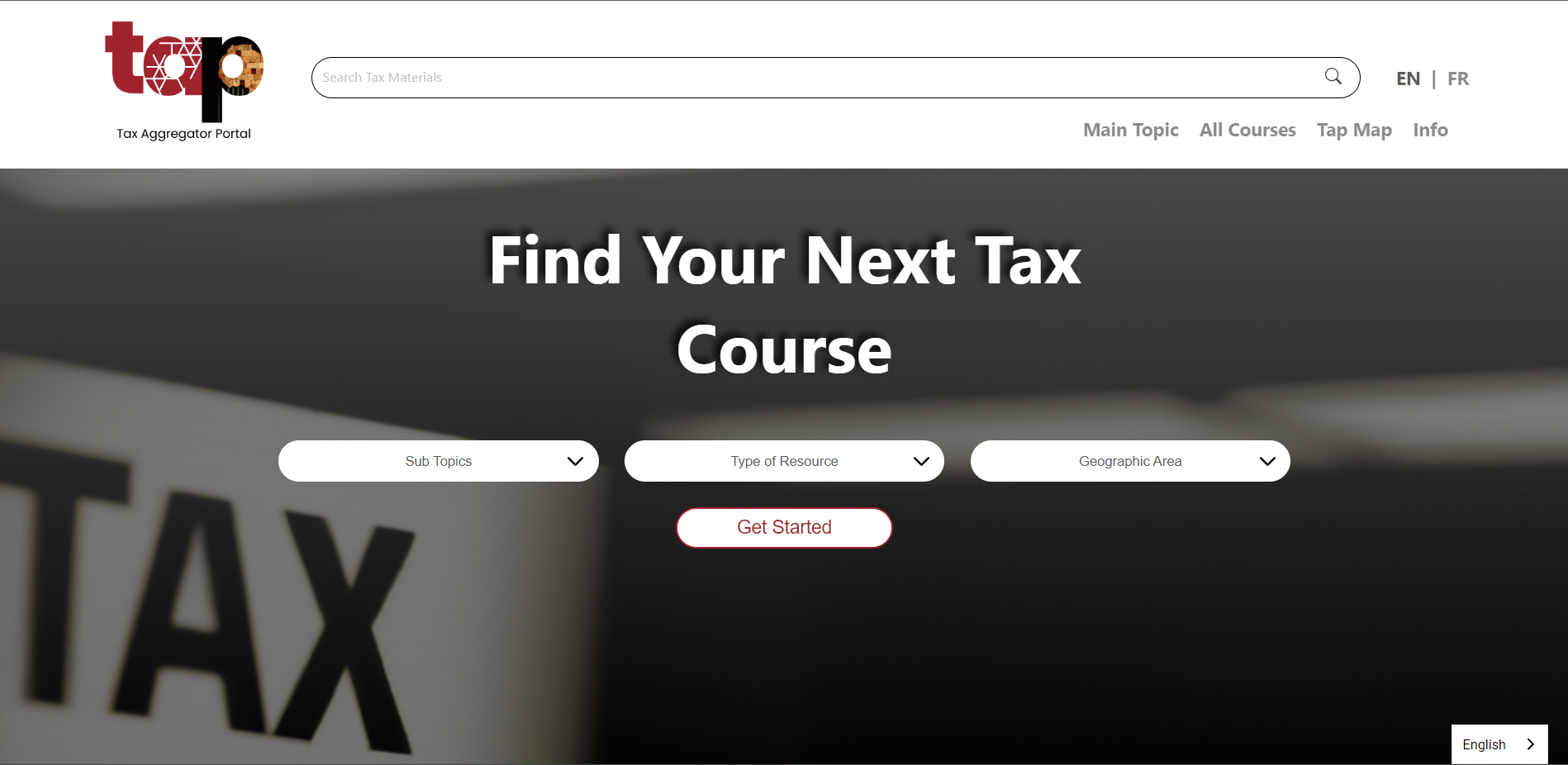For all the hope spurred by announcements of demonstrated efficacy in multiple COVID-19 vaccine candidates, there is still a long way to go to deliver on the promise of a universal, freely available “people’s vaccine.” As matters stand, national and private interests are trumping the principle of health justice.
LONDON – Recent announcements of demonstrated efficacy in COVID-19 vaccine trials have brought hope that a return to normality is in sight. The preliminary data for Pfizer/BioNTech and Moderna’s novel mRNA vaccines are highly encouraging, suggesting that their approval for emergency use is forthcoming. And more recent news of effectiveness (albeit at a slightly lower rate) in a vaccine from AstraZeneca and the University of Oxford has fueled optimism that even more breakthroughs are on their way.
In theory, the arrival of a safe and effective vaccine would represent the beginning of the end of the COVID-19 pandemic. In reality, we are not even at the end of the beginning of delivering what is needed: a “people’s vaccine” that is equitably distributed and made freely available to all who need it.To be sure, the work to create vaccines in a matter of months deserves praise. Humanity has made a monumental technological leap forward. But the springboard was decades of massive public investment in research and development.

